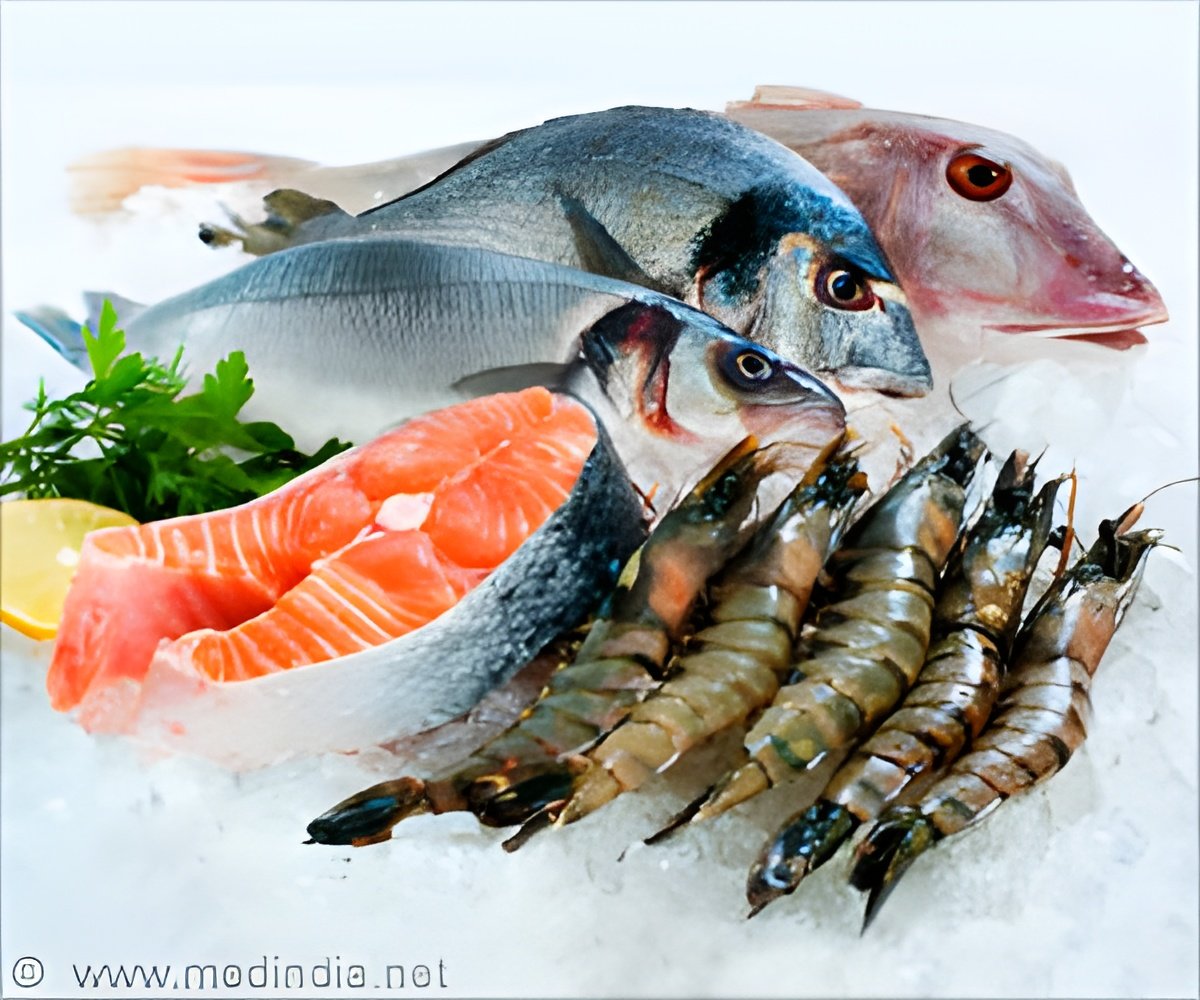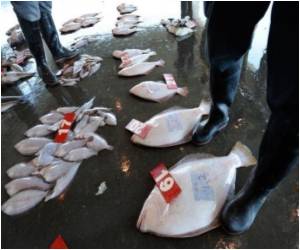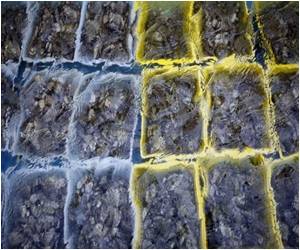Waste reduction has the potential to support increased seafood consumption without further stressing or threatening aquatic resources.

After compiling data from many sources, the researchers estimated the US edible seafood supply at approximately 2.1 billion kg (4.7 billion pounds) per year.
Some of the edible seafood supply is wasted as it moves through the supply chain from hook or net to plate.
The researchers found the greatest portion of seafood loss occurred at the level of consumers (51 to 63 percent of waste).
Sixteen to 32 percent of waste is due to bycatch, while 13 to 16 percent is lost in distribution and retail operations.
To illustrate the magnitude of the loss, the authors estimated this lost seafood could contain enough protein to fulfill the annual requirements for as many as 10 million men or 12 million women.
Advertisement
The researchers offer several approaches to reduce seafood waste along the food chain from catch to consumer.
Advertisement
The findings were published in the journal Global Environmental Change.
Source-IANS











